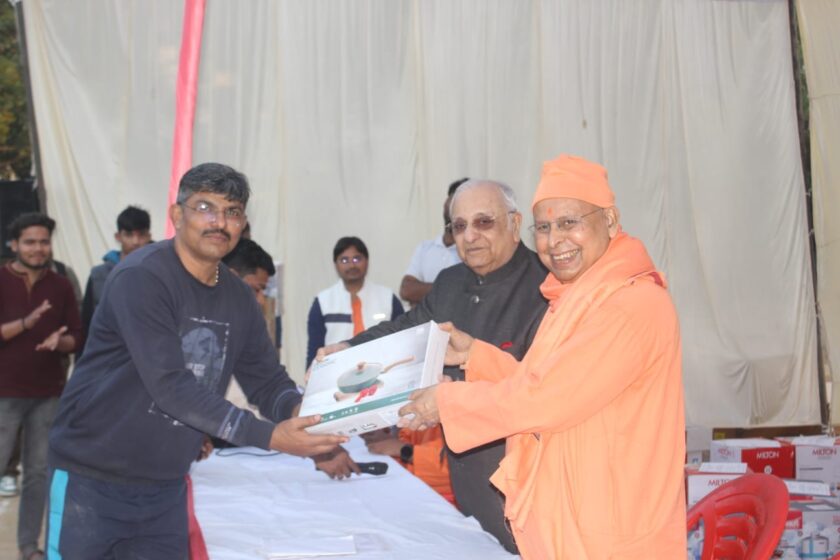Key projects to assess environmental flow in Ghaghara and Gomti river basins also greenlit
New Delhi/Lucknow – In a significant step towards rejuvenating the Ganga and its tributaries, the 63rd Executive Committee meeting of the National Mission for Clean Ganga (NMCG) was held with a core focus on sustainability and innovation. The committee approved multiple key initiatives targeting water quality improvement, sustainable urban water management, and restoration of the riverine ecosystem across the Ganga basin.
One of the standout announcements from the meeting was the approval of a ₹126.41 crore Sewage Management Project for Agra, aimed at ensuring cleaner water bodies and long-term environmental protection in the historic city.
₹126 Crore Sewage Management Project Cleared for Agra
Agra, renowned globally for the Taj Mahal, is set to benefit from a massive sewage infrastructure upgrade. Under the newly approved project, 40 interception and diversion structures will be constructed to effectively channel and treat sewage from various parts of the city. Additionally, 21.20 kilometers of interception and diversion sewer lines will be laid to ensure better collection and treatment of wastewater.
A key highlight of the project is the deployment of 8 state-of-the-art pumping stations, which will regulate the sewage flow and expedite its movement for treatment. Moreover, five major drains will be fitted with efficient trash screens to prevent solid waste and pollutants from entering the river systems.
The project will follow a Design-Build-Operate-Transfer (DBOT) model, offering a technically robust and sustainable solution. This development is expected to not only contribute to cleaner rivers but also significantly improve public health and the quality of life for Agra’s residents.
Green Signal for Environmental Flow Assessment in Ghaghara and Gomti Basins
Another critical project approved during the meeting focuses on assessing the environmental flow in the Ghaghara and Gomti river basins, with a sanctioned budget of ₹8 crore. This study will utilize UAV (drone) monitoring and on-ground ecological surveys across different seasons to build a comprehensive database on the rivers’ health.

The project aims to gather vital data on water quality, flow regimes, biodiversity, and local social dynamics to understand the overall ecological conditions of the rivers. This information will be used to model optimal water flow levels required for sustaining river health while also accounting for climate change impacts and human water demand.
By understanding the complex interlinkages between flow hydrology, ecosystems, and governance frameworks, the study will provide actionable insights into adaptive and sustainable flow management practices for both river basins over the next three years.
Johkasou-Based On-Site Sewage Treatment Project Also Approved
In a forward-looking move to bolster decentralized wastewater treatment, the committee also approved a pilot project based on Johkasou technology – a Japanese innovation known for high-efficiency domestic sewage treatment. This project is expected to set new standards in on-site sewage treatment quality and sustainability, particularly in semi-urban and rural areas.
Over the next 12 months, this initiative will focus on improving wastewater management at the household level, thereby contributing to broader environmental goals under the Namami Gange framework.
A Holistic Approach to River Rejuvenation
The 63rd NMCG meeting reaffirmed the government’s commitment to adopting scientific, sustainable, and community-oriented approaches to river conservation. With a strong emphasis on innovation and ecological integrity, these newly sanctioned projects are poised to play a transformative role in protecting India’s rivers and ensuring their longevity for future generations.









